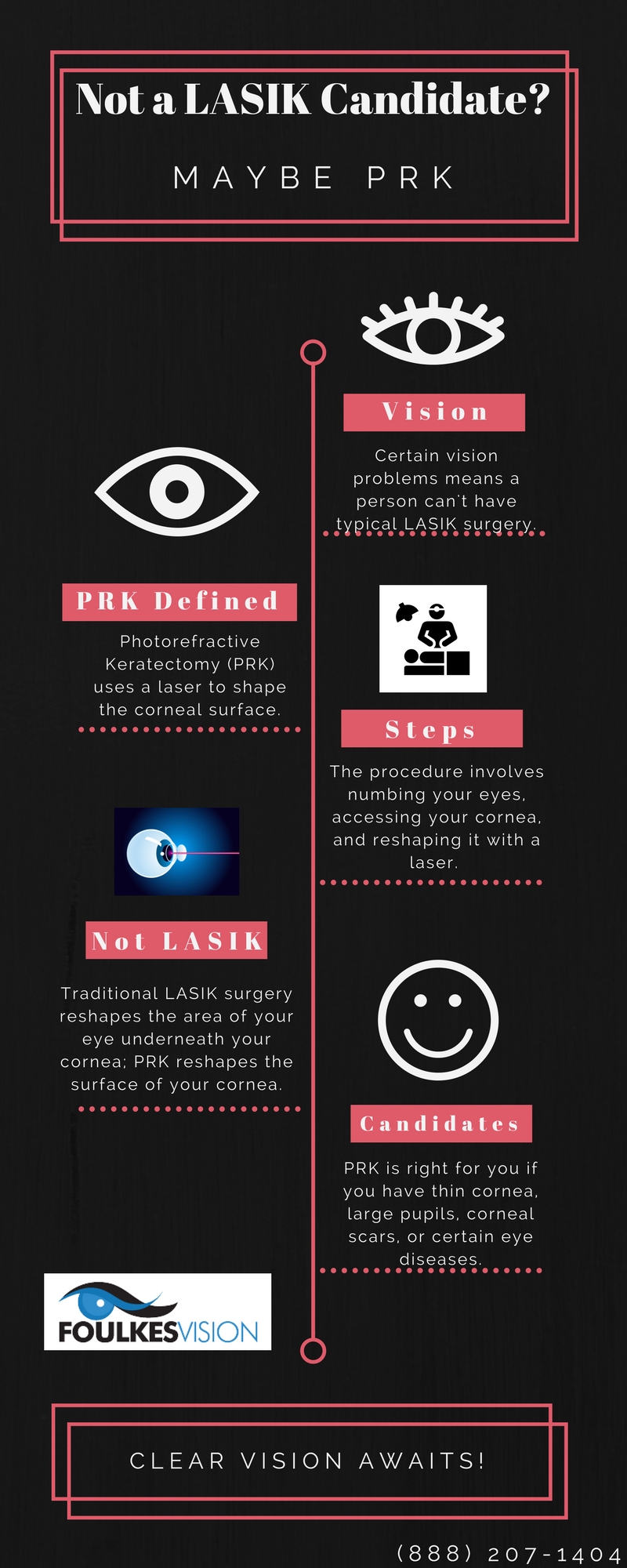The Total Frequently Asked Question On Refractive Lens Exchange: All The Details You Need
The Total Frequently Asked Question On Refractive Lens Exchange: All The Details You Need
Blog Article
https://click4r.com/posts/g/20368643/gaining-expertise-regarding-lasik-surgical-procedure-starts-with-recog -Kincaid Rodgers
If you're thinking about refractive lens exchange, you most likely have a great deal of inquiries. This treatment might change exactly how you see the globe, using benefits like minimized dependancy on glasses. Nonetheless, it's vital to recognize the procedure, risks, and that certifies as an excellent prospect. Allow's explore these important facets so you can make an enlightened decision regarding whether RLE is right for you.
What Is Refractive Lens Exchange and Exactly How Does It Function?
Refractive lens exchange (RLE) is a procedure developed to change your eye's all-natural lens with a fabricated one, dealing with vision problems like nearsightedness, farsightedness, or presbyopia.
During the treatment, your cosmetic surgeon makes a little laceration in the eye, removes your all-natural lens, and inserts an intraocular lens (IOL) tailored to your vision needs. This outpatient surgical procedure commonly takes about 15 to thirty minutes per eye and is done under regional anesthesia.
You'll likely observe renovations in your vision almost immediately, though full healing may take a couple of weeks. RLE is specifically helpful for those over 40 or with high prescriptions, providing a durable solution compared to glasses or call lenses.
Your eye care professional can help establish if RLE is right for you.
What Are the Conveniences and Dangers of Refractive Lens Exchange?
Selecting refractive lens exchange can cause substantial renovations in your vision, yet it's important to consider both the benefits and dangers before choosing.
On the plus side, this treatment can improve your sight by correcting issues like presbyopia, myopia, and hyperopia. Numerous people enjoy minimized dependence on glasses or get in touch with lenses, which can considerably boost their lifestyle.
Nonetheless, try this to consider potential threats. Complications can include infection, glare, or halos around lights.
There's likewise a chance of overcorrection or undercorrection, which may require added procedures.
Who Is an Ideal Candidate for Refractive Lens Exchange?
If you're considering refractive lens exchange, it is necessary to understand whether you fit the account of a perfect prospect. Generally, you might be a good prospect if you're over 40, experience presbyopia, or have high levels of nearsightedness or farsightedness.
It's likewise crucial that your vision is stable, implying your prescription hasn't changed significantly in the past year. If you have cataracts or various other eye conditions, you may take advantage of this procedure also.
Nonetheless, specific variables, like uncontrolled diabetic issues or autoimmune illness, might disqualify you. To identify your candidacy, speak with an eye care expert that can evaluate your specific scenario and recommend the best course of action tailored to your demands.
Conclusion
To conclude, refractive lens exchange can be a transformative choice for improving your vision, particularly if you more than 40 or have a high prescription. While the benefits are substantial, it's essential to consider the risks and seek advice from your eye treatment professional to establish if you're a suitable candidate. With the appropriate details and advice, you can make an informed choice and possibly enjoy a life with lowered dependancy on glasses.
